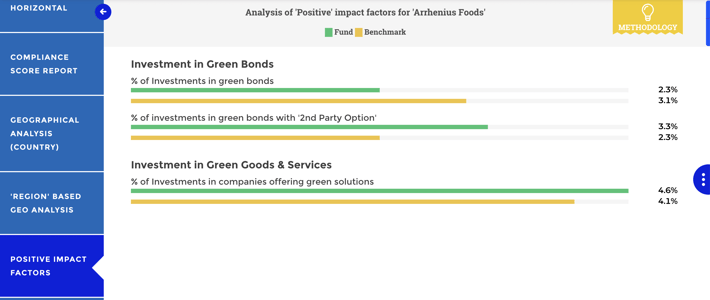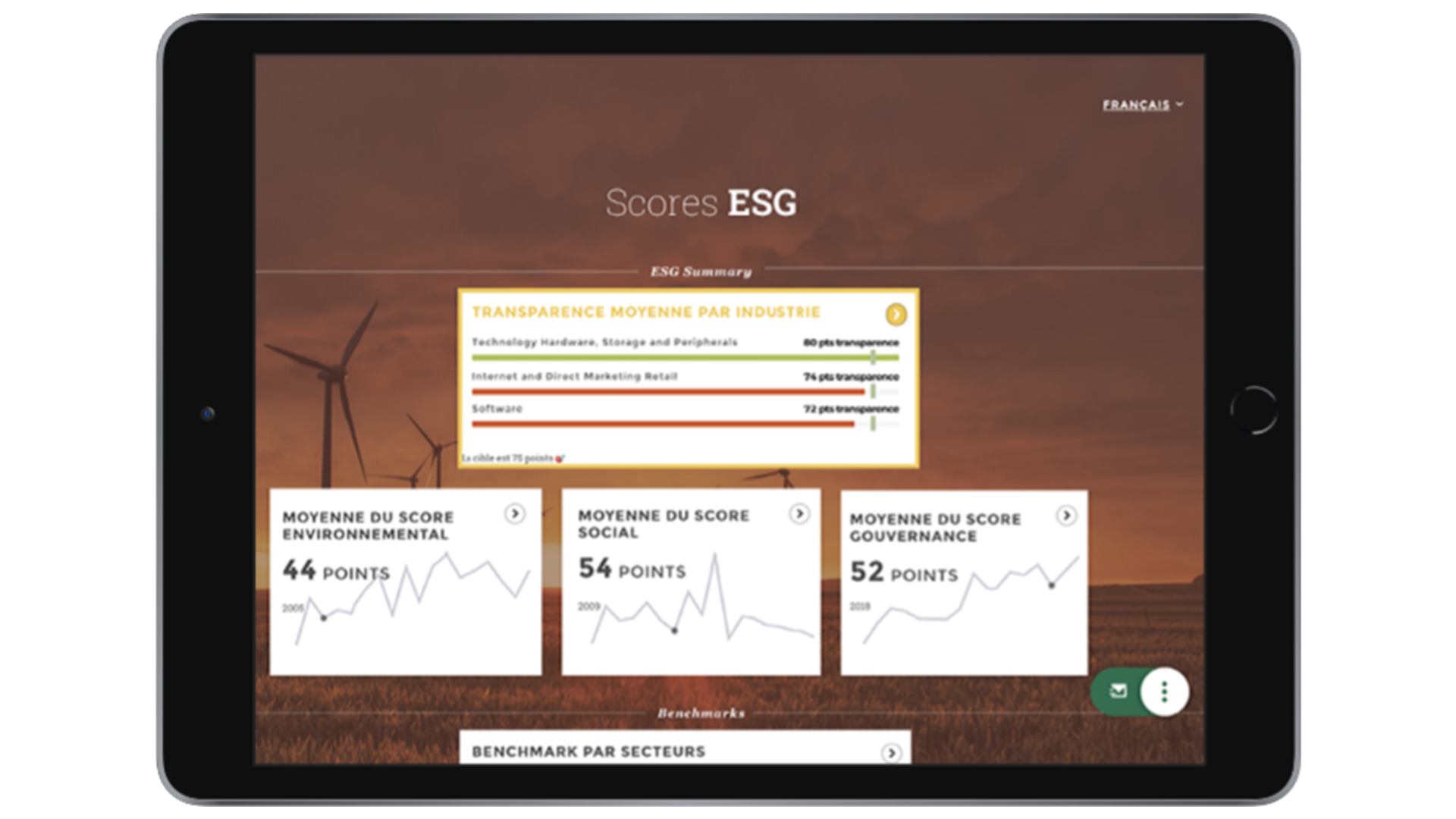The automotive industry is currently undergoing its most significant revolution since the invention of the car. With the recent boom of Tesla, every major car manufacturer is investing billions of dollars into EV production and environmental sustainability. In 2021, Global EV sales reached 6.75 million units, which was a 108% increase from 2021. Surely this signals sustainable change. Or does it?

Automakers, even the largest ones, have faced scandals because of reluctance to maintain transparency. The best example of this is Volkswagen’s 2015 emission scandal, in which the firm intentionally programmed essential parts to cheat US emission tests. As a result, the firm faced massive fines, chief officers resigned, and the company is still recovering to preserve its image as an honest manufacturer.
Could Volkswagen have easily avoided this predicament? The answer lies in ESG measurement and tracking.
ESG as a Tool for Carmakers
Many manufacturers in the automotive industry have been practicing ESG tracking and reporting for over a decade. With their products directly causing harm to the planet, manufacturers set goals to improve gas mileage, emissions, and waste. Transparency regarding consumers is paramount in the industry, and if Volkswagen adapted KPI metrics that held decision-makers accountable, the scandal likely would have been averted.
Now is a key time for all manufacturers in the automotive space, with firms positioning their strategies with a vision spanning multiple decades in advance. Experts predict that by 2040, EVs will outnumber gas-powered vehicles, and with governments setting metrics for environmental sustainability, this might happen even faster.
The European Union’s ESG KPI report, published in 2009, provides a framework for automotive manufacturers who are willing to abide by ESG best practices. These metrics, although dated and lacking financial metrics, provide automotive decision-makers the ability to maintain positive relationships with stakeholders, as well as avoid scandals by bad actors in or outside the firm. Here are some of the most important KPIs to track.
Environmental KPIs
- Deployment of Renewable Energy
Renewable energy in automobiles has been one of the most advanced areas in all of manufacturing innovation. With automobiles powered by batteries, and even hydrogen, manufacturers are seeking to introduce maximum levels of environmentally friendly power in their products, whether in general production or motorsport initiatives. These KPIs can be tracked by stating the percentage of energy in kWh from renewable energy sources as of total energy consumed.
- NO, SO Emissions
With environmental experts urging every global citizen to decrease emissions in daily life, automakers must constantly push the envelope to decrease emissions with each passing year. Governments are also setting goals for the complete elimination of emissions, with the U.S. government eyeing net-zero emissions by 2050. This important metric can be tracked by measuring the NO, SO emissions produced by all units and production sites.
- Environmental compatibility
Each unit produced and the global infrastructure needed to produce them impacts the environment. Because of the lasting effects of fracking, oil drilling, and manufacturing pollution, firms must measure their overall impact on the environment. To do this, firms must measure the average fuel consumption of all sold cars and the percentage of ISO 14001 certified corporate infrastructure.

- End-of-lifecycle Impact
Because automobiles utilize massive amounts of heavy material that is not easily degradable, how unusable automobiles are disposed of is extremely important for every automobile manufacturer to track. A major concern of EVs is the disposable of the lithium-ion batteries that power them since they contain harmful chemicals that poison ecosystems. Companies such as Tesla are transparent about this process, stating that the firm recycles 100% of unusable car batteries. Tracking this KPI requires a firm to measure the percentage of material recovered for reuse at the end of a car’s lifecycle.
Social KPIs
- Health and Safety of Products
Safety, especially in automobiles, is a major selling point for consumers, with companies such as Volvo priding themselves on providing products with the highest safety standards. Lack of development in this area can cause irreparable damage for both consumers and firms themselves, especially when damage is caused due to manufacturing error. To accurately report this KPI, firms must track the amount of total spending on product safety and percentage of product recalls for safety or health reasons.
- Restructuring-related Relocation of Jobs
Human labor is irrefutably the most important resource for car manufacturers. For example, Toyota employs 366,300 employees globally, 32,000 of them being factory employees. Because circumstances and financial ramifications in certain regions may require firms to relocate operations, tracking and reporting these initiatives ensures all employees are rightfully and respectfully treated. To track this KPI, firms should measure the total cost of relocation, including indemnity, pay-off, outplacement, hiring, training, and consulting.
Governance KPIs
- Contributions to Political Parties
It is no secret that car manufacturers are among the most active lobbyers in government, with firms enjoying perks under the leadership of various parties globally. Because a massive donation to a party aligning with a firm’s interest is perceived by the public as an unfavorable practice, firms should divest donations to various interests and political alignments, creating an image of inclusivity and bipartisanship. To track this KPI, a firm must measure all monetary contributions to political organizations.
- R&D Expenses
Research and development have become the backbone of automobile manufacturing, with consumers and investors expecting new features and technology on a yearly basis. Tesla, arguably the most innovative firm in the current automotive landscape, spends a gargantuan $2,984 per unit on R&D, three times the industry standard. To measure this KPI, calculate the total R&D expenses as a percentage of total revenue
Tools for ESG KPI Insights
These KPIs all provide insight, transparency, and accountability for firms willing to abide by ESG initiatives. Tracking these KPIs is no easy undertaking and cannot be done effectively or efficiently without the right tool to track and display data.
Data visualization tools that provide high personalization, optimization, and scalability such as Toucan can make your ESG data a lot more credible, impactful, and easy to understand. By involving all employees and decision-makers in a firm’s ESG journey, all departments can easily work together to create sustainable and transparent change.





